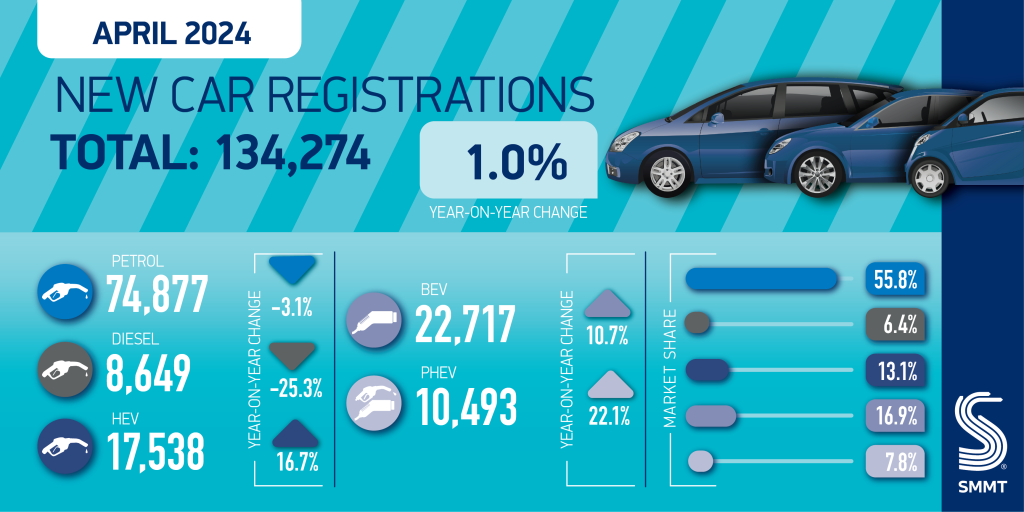
In October the Financial Conduct Authority (FCA) published its findings from the Financial Lives Survey 2017. Katherine Clark, associate at Weightmans LLP, notes that potentially vulnerable consumers remain firmly on the agenda
The Financial Lives Survey 2017 was the largest of its kind undertaken by the FCA, having surveyed nearly 13,000 consumers.
The objectives of the survey were to:
- Gain insight into consumers in order to build on the FCA’s knowledge.
- Obtain information about the proportion and profile of UK adults who hold certain products and who have used certain services.
- Ascertain details of products held by consumers in conjunction with their financial assets and debts and analyse cross-product and cross-sector product holdings.
- Gain an insight into consumer attitudes in relation to products, services and providers and what drives and influences consumers’ behaviour.
The view is that these survey results provide baseline data against which future changes can be measured.
The survey’s findings highlight that the issue of vulnerability of consumers is still a key issue in the financial sector. The findings reported that over half of UK adults showed one or more characteristics of potential vulnerability in their financial circumstances.
Of those aged 75 and older, 69% showed characteristics of potential vulnerability. This increased with the age of consumers; 77% of those aged 85 and over showed characteristics of potential vulnerability.
How well do you really know your competitors?
Access the most comprehensive Company Profiles on the market, powered by GlobalData. Save hours of research. Gain competitive edge.

Thank you!
Your download email will arrive shortly
Not ready to buy yet? Download a free sample
We are confident about the unique quality of our Company Profiles. However, we want you to make the most beneficial decision for your business, so we offer a free sample that you can download by submitting the below form
By GlobalDataThe report makes clear that this does not mean the potential harm will actually translate into real harm for those who are identified as at risk in its definition of “potential vulnerability”. Indeed, Christopher Woolard, FCA strategy and competition director, said on this point: “At any one point in time, 50% of the population have one or more characteristics of vulnerability. But that does not mean they will definitely suffer harm. The number who experience harm will be much lower.”
The report considers that characteristics of vulnerability can vary widely, from having low resilience to suffering a recent life event, giving examples of bereavement, redundancy or divorce, to low financial capability. It also acknowledges vulnerability could be attributed to health-related problems that could affect someone’s day-to-day activities.
The survey and Woolard’s comments indicate that consumer vulnerability remains firmly on the FCA’s agenda, as it has beensince it took over regulation of the consumer credit industry in April 2014.
Woolard commented that: “We have talked a lot in the last couple of years about the question of financial vulnerability. This survey is the first comprehensive snapshot of the size and scale of the issue.”
The importance that the FCA attributed to this subject was clear from the early days of its assumption of regulatory powers. The FCA’s Principles for Business (Principles 6 and 7) deal with the requirement to pay due regard to the interests of customers, treat them fairly and pay due regard to the information needs of customers, including communicating in an appropriate way.
Additionally, the Consumer Credit Source Book requires firms to have arrears policies and procedures in place for “the fair and appropriate treatment of customers, who the firm understands or reasonably suspects to be particularly vulnerable”.
In 2015, the FCA published a discussion paper, Occasional Paper No. 8: Consumer Vulnerability. The paper provided a thorough analysis of what vulnerability is and the situations which can lead to a consumer being vulnerable. It also identified problem areas, for example complex products being offered to consumers, and provided some clear steps for firms to consider taking.
Helpfully, it set out what “good” looks like and provided a number of case studies of good/bad outcomes for vulnerable consumers to assist.
This most recent report from the FCA maintains the focus on the issue of consumer vulnerability and, as such, it must remain a high priority for firms.
Best practice would see firms having comprehensive written policies on working with vulnerable consumers, staff being appropriately trained in those policies and in scenarios that they may encounter, customers being treated in a way which enables them to feel they can disclose any vulnerability or limitation at the earliest opportunity, and a review of products to ensure that they are accessible and relevant for the consumer and their specific requirements.







